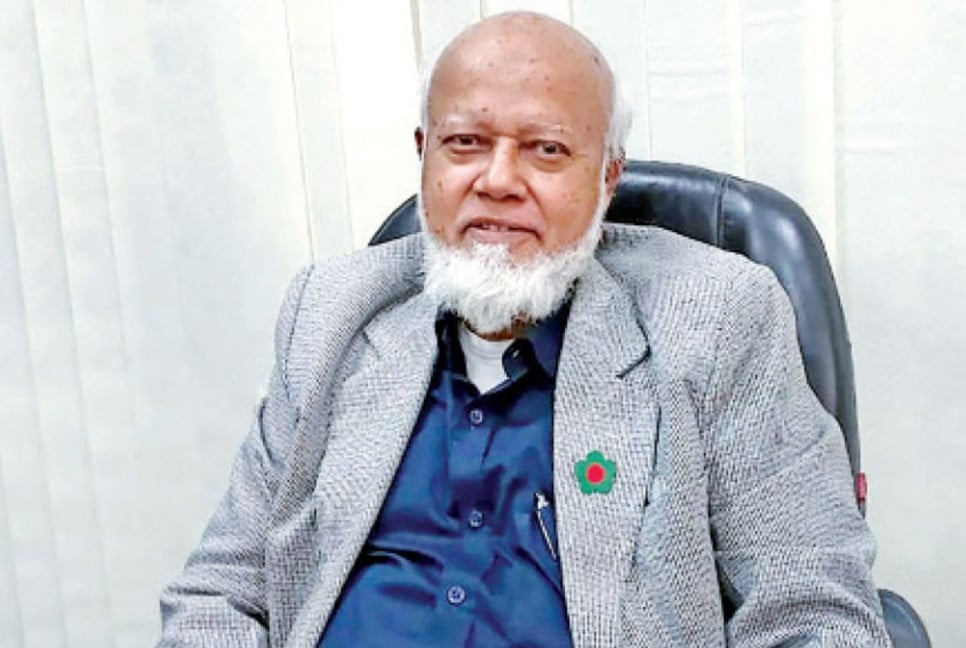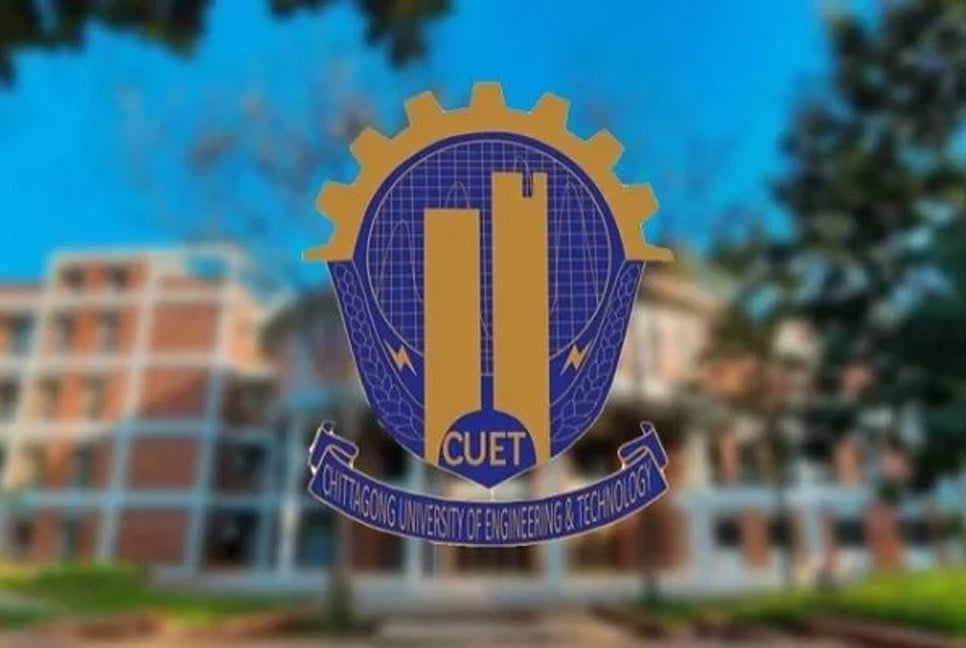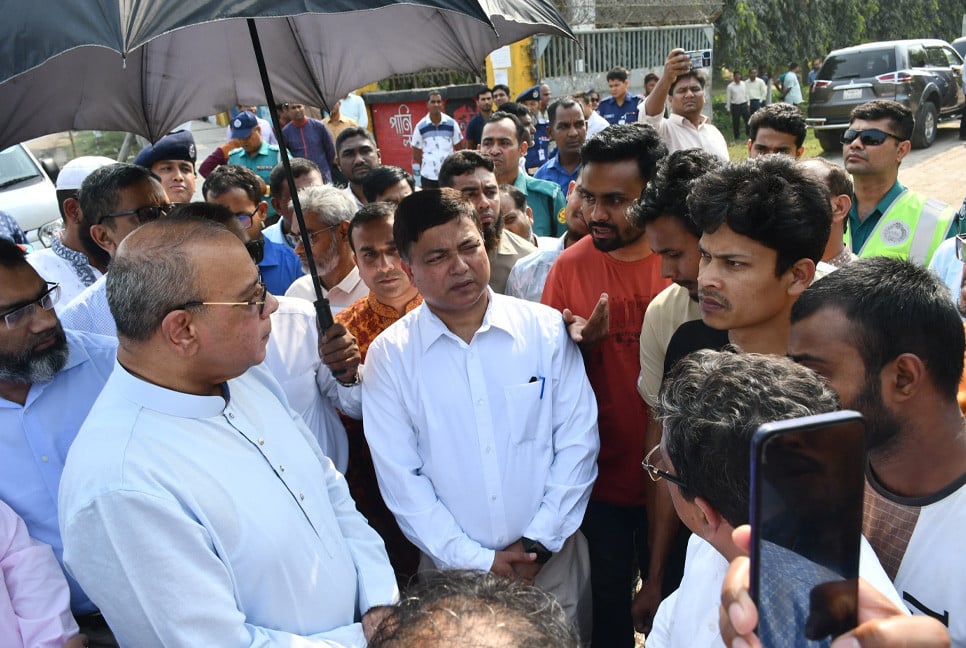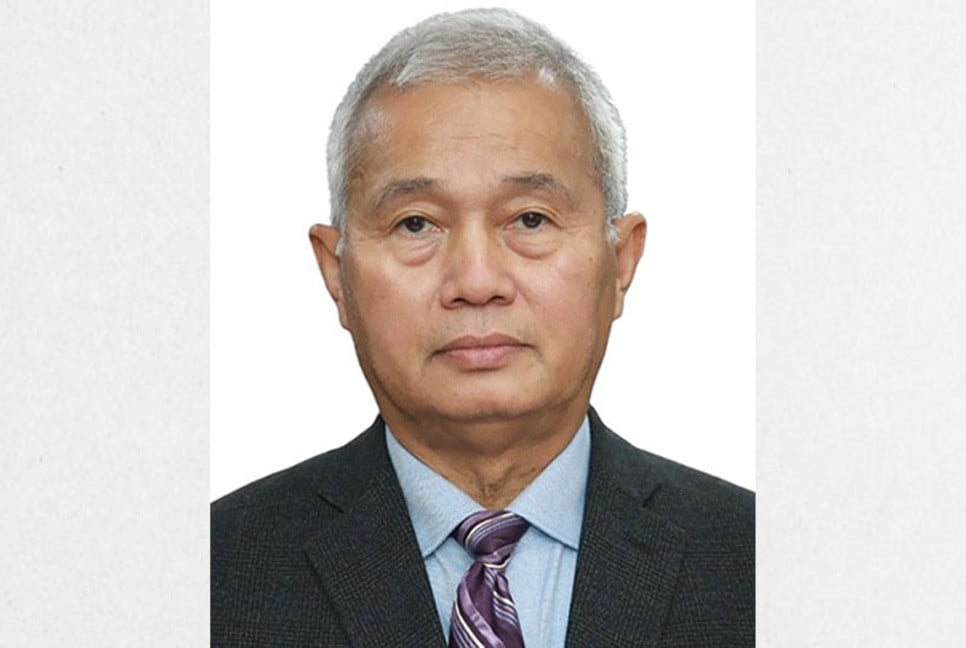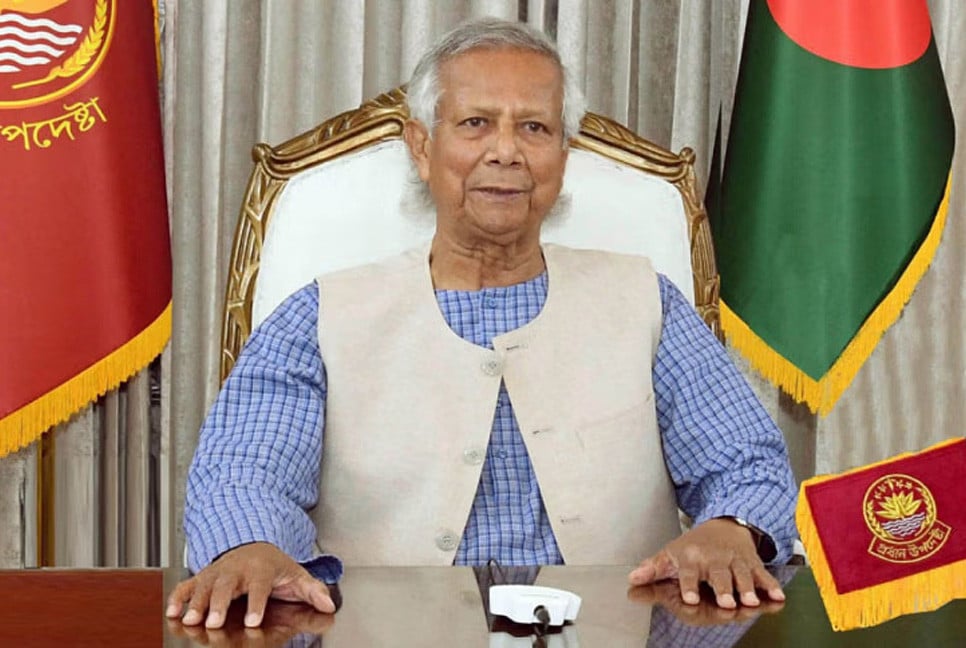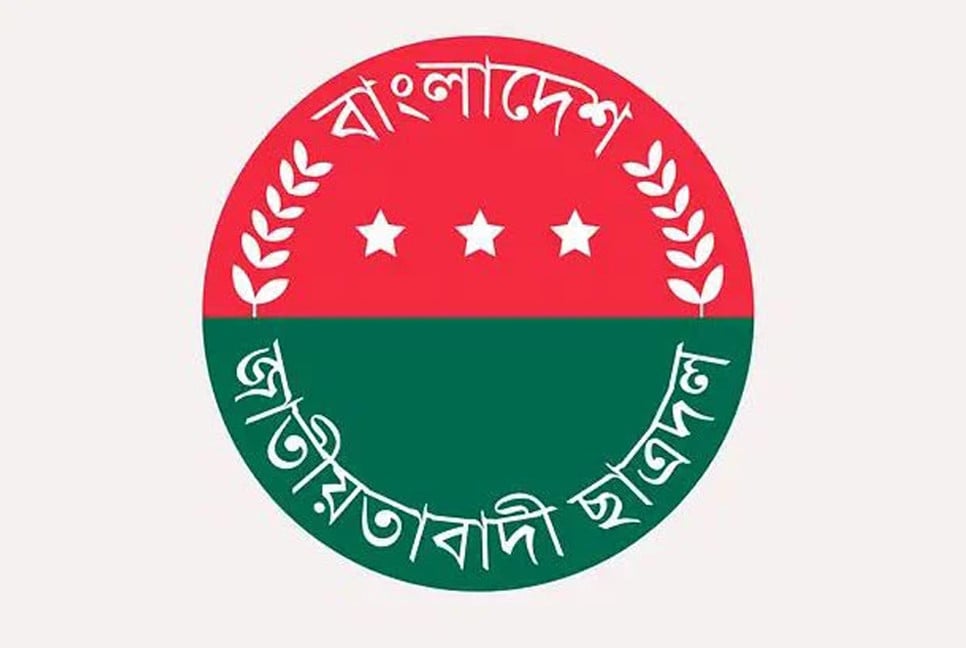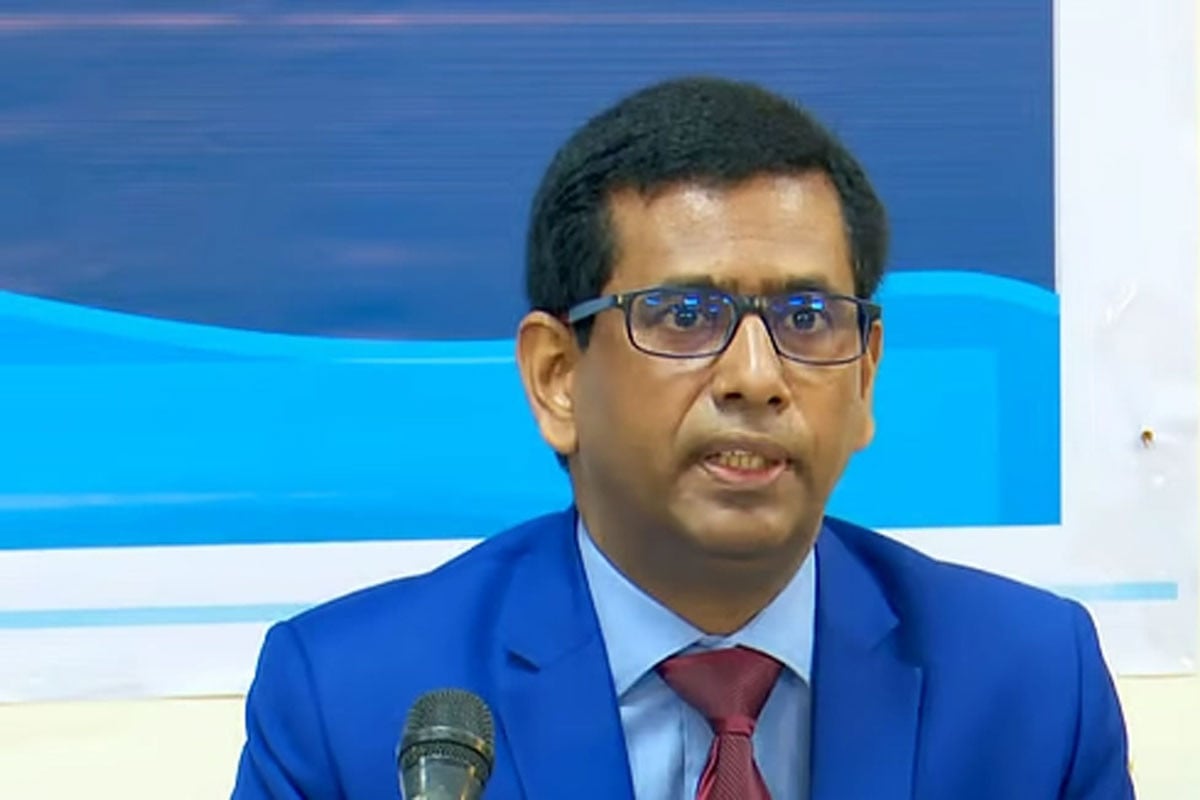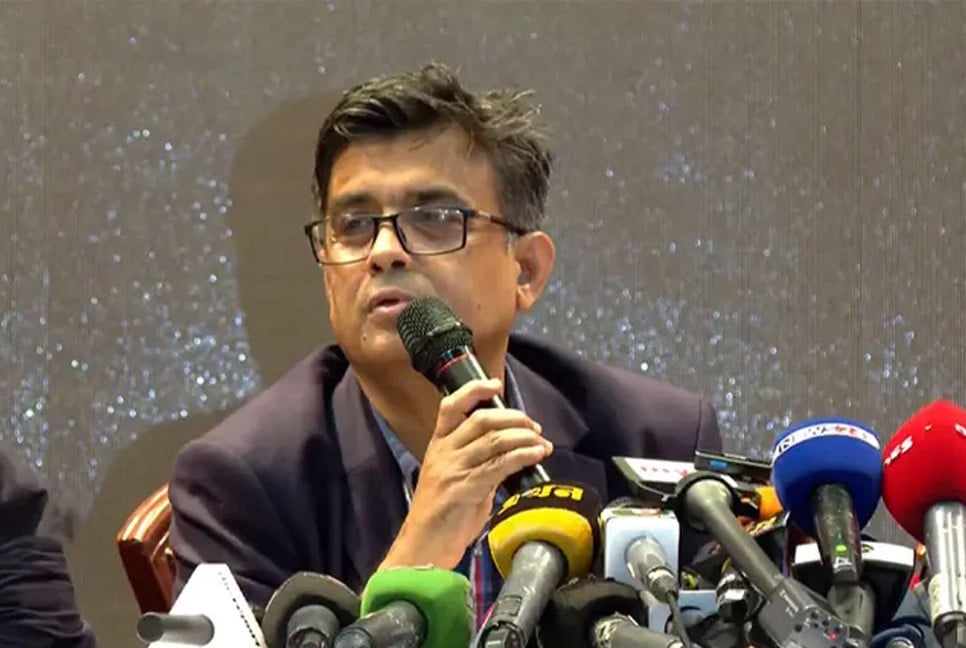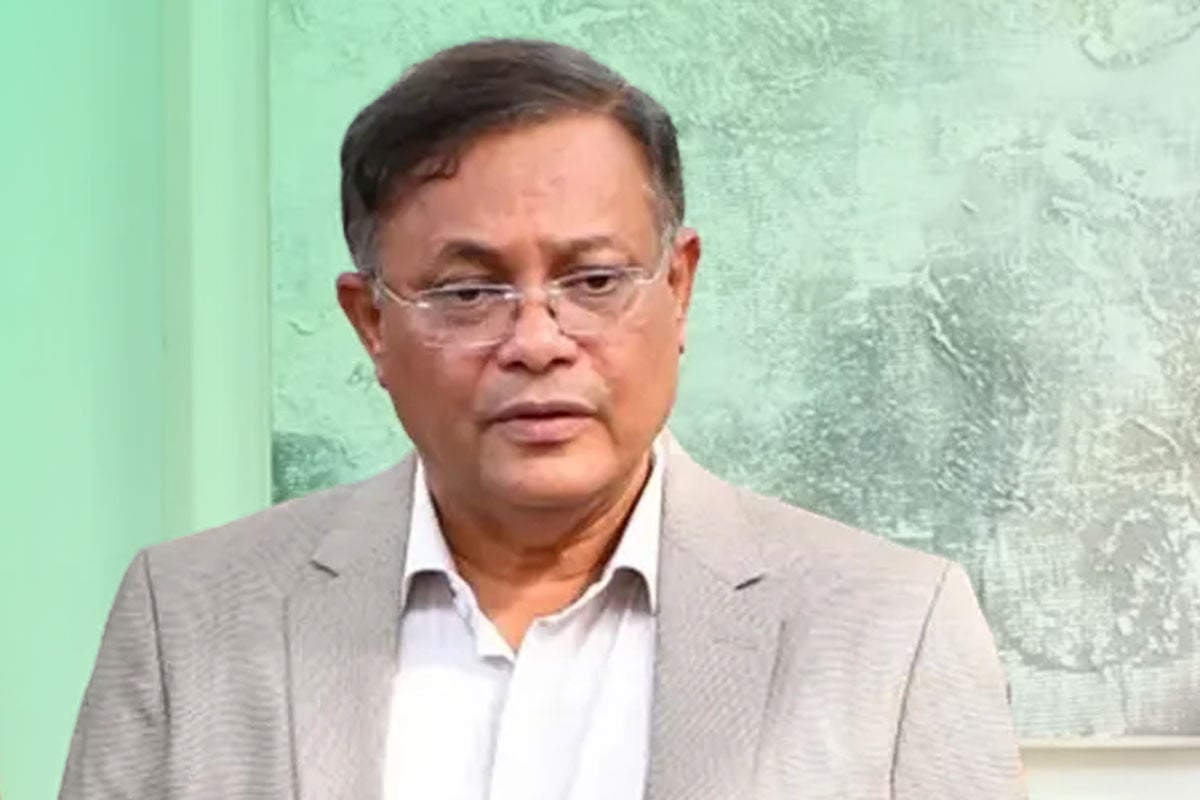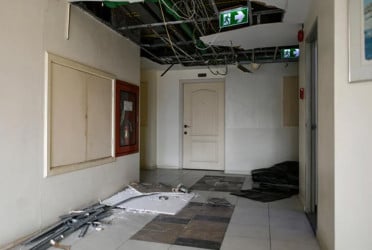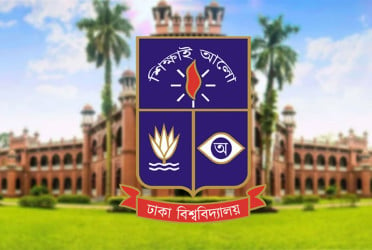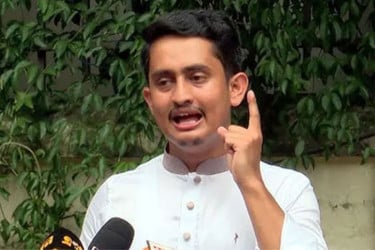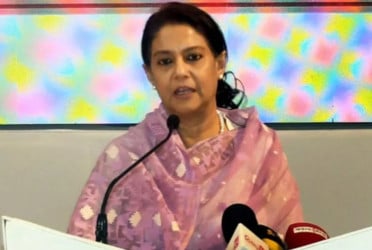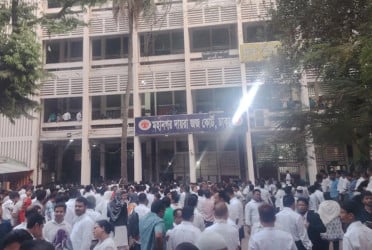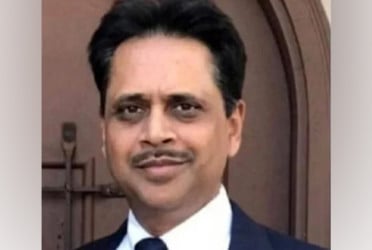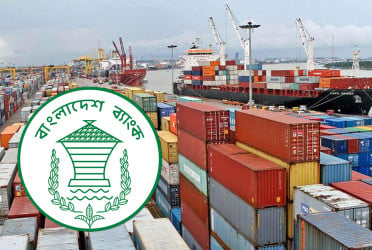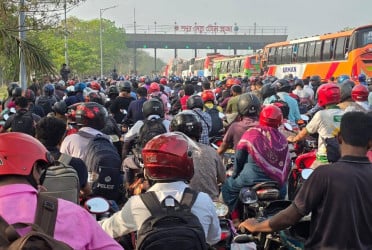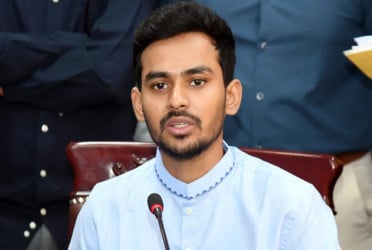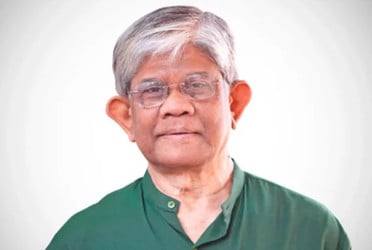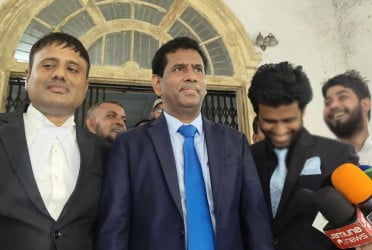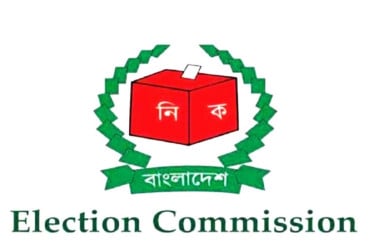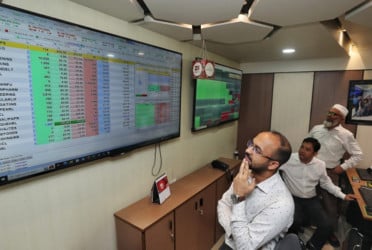The foremost name in local government expertise is Professor Dr Tofail Ahmed, who currently serves as the head of the Local Government Reform Commission. He is also a member of the Election Commission Reform Commission, the Board of Directors of the Bangladesh Academy for Rural Development, and the Syndicate of Chittagong University. In an exclusive interview with the Bangla daily Kaler Kantho, he discussed post-July-August uprising public expectations, the current state of local governance, election procedures, village courts, and more.
Question: How do you view the public expectations following the July-August uprising? What changes have occurred since then?
Tofail Ahmed: Following the fall of the fascist Awami League government due to the student-led uprising, public expectations for the country are now sky-high. People want an end to the longstanding lack of democratic rights, inequality, and injustice. While some coercive practices have ceased temporarily, such as extortion in Dhaka’s Uttara area, citizens still face inefficiencies in administration.
For instance, general diaries (GDs) are not being processed smoothly at police stations, and bureaucratic delays plague project approvals. Such inefficiencies, especially in foreign-aided projects, exacerbate the ongoing foreign currency crisis and employment stagnation. These delays also increase project costs and waste time, reflecting a broader lack of institutional accountability.
Question: What is your advice for preparing society to meet public expectations?
Tofail Ahmed: Every institution must fulfill its responsibilities effectively to meet public expectations. Public awareness initiatives should also be the institutions' responsibility. For example, departments responsible for road construction should transparently inform citizens about ongoing projects. Accountability, proper oversight, and clear communication about their work are crucial.
Question: What are the major flaws in the current local government system?
Tofail Ahmed: The absence of a unified framework is the primary issue in local governance. The system lacks cohesion and operates as a collection of disconnected entities. Elections dominate discussions, and candidates often spend money in hopes of earning returns through system loopholes. Moreover, public interest in local government is minimal due to its perceived ineffectiveness.
The process of issuing certificates (e.g., birth, death, inheritance) has also drawn criticism for being marred by financial transactions. The role of union council secretaries in this area needs restructuring. Additionally, projects are often imposed by higher authorities without consulting local bodies, leading to inefficiencies and lack of public understanding.
Departments like LGED (Local Government Engineering Department) and DPHE (Department of Public Health Engineering) function as separate "empires" under the same ministry. Their integration or restructuring into a “Local Government Engineering Cadre” could enhance efficiency and address promotion and transfer issues.
Question: What reforms are needed in the local government election system?
Tofail Ahmed: Currently, local government operates like a presidential system, where power is concentrated in mayors or chairpersons, sidelining other representatives. I propose a parliamentary-style election for local governments, where council members vote to elect the mayor or chairperson.
Another suggestion is to allow individuals in full-time employment to participate in elections, similar to European countries. Additionally, structural changes, such as increasing union ward numbers based on population, are necessary. Executive councils comprising two or three council members could assist mayors or chairpersons, with appropriate remuneration for their responsibilities.
Question: How do you assess village courts and their relationship with local government?
Tofail Ahmed: Globally, judicial systems operate independently of local governments, and the same principle applies here. However, coordination between local institutions and the judiciary is crucial for an effective governance framework.
These issues, among others, require a permanent local government commission for sustainable solutions. This commission should oversee accountability, resource allocation, and disciplinary actions against elected representatives to ensure effective local governance.

